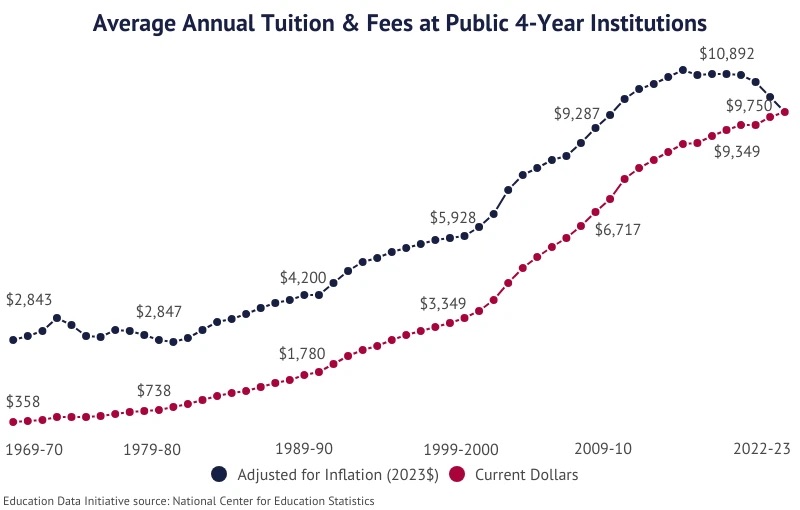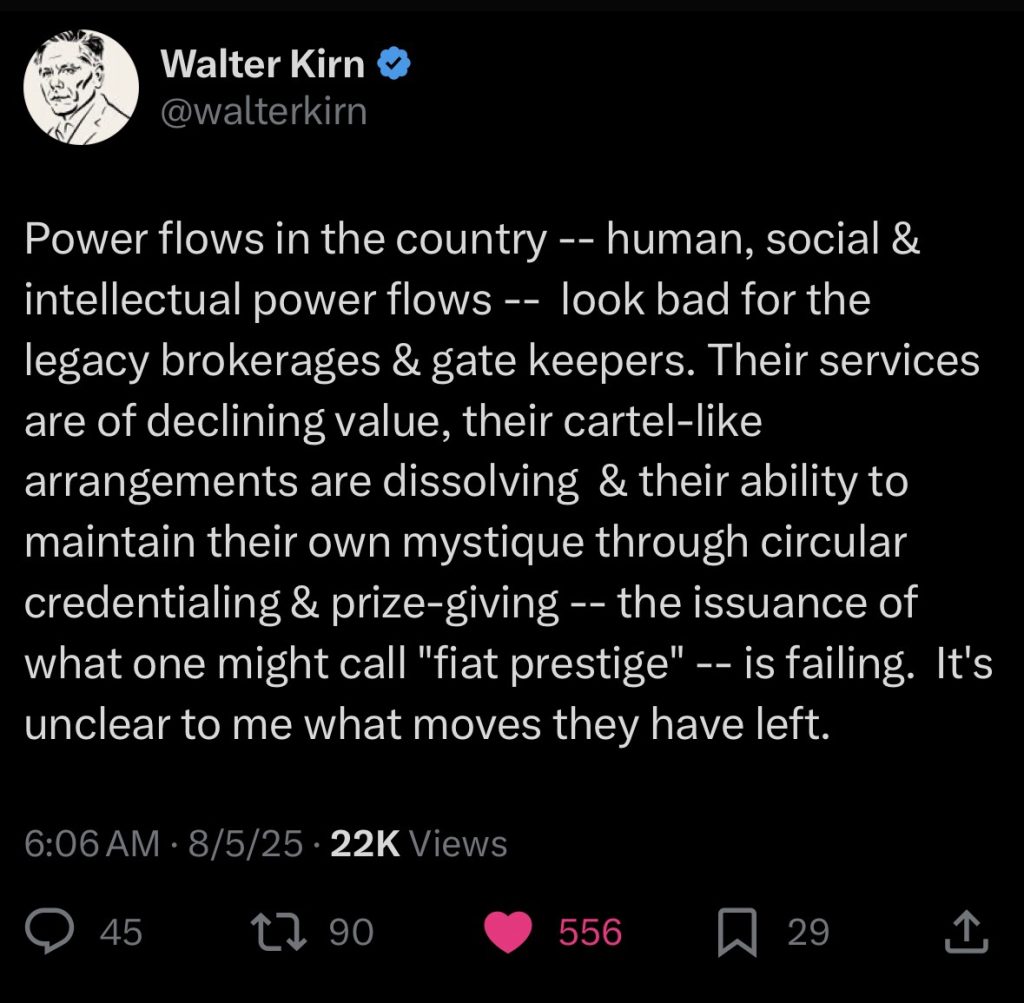It’s no secret I have come to love the sub-genre of reality dating shows about new ways of dating in the social media era.
I’ve watched every single episode of Love is Blind including the international versions as well as the matching shows that range from religious matching to cultural affinities and disabilities.
I am having a rough week what with my own chronic health challenges and the death of my father over the long weekend. My husband is also brutally ill with the flu. So it’s just generally 2025 on maximum. All brakes and no gas.
So I took a break from reality. to watch the reunion for Season Two of Love is Blind: UK aka the working class multicultural Manchester season as well as test out a South Korean dating show for forever singles or motae-solos in Korean called Better Late Than Single.
Now I’m a middle aged elder millennial who turned over into her forties with ten years of marriage so keep that in my mind. My husband and I met through a mutual friend and now I wonder if we were on the last helicopter out of Saigon.
We worked in the nascent New York startup scene. Over the course of two birthdays, a year apart, for that same friend, we got our act together (ok I did) and began dating.
A few weeks before we got engaged, that same friend showed us this new dating app called Tinder. We laughed at the bare bones profiles as were used to involved questionnaires from OKCupid.
Many of our friends had worked for the dating holding company juggernaut of Barry Diller’s called IAC. The founders of the OKCupid subleased space from Alex’s startup. Dating app culture was part of New York startup culture.
It’s clear that these applications have left a cavernous void in the culture of mating and dating not only in America but across the world. From Raya to AMANDA (a very judgmental Korean dating app) we’ve found all the ways to maximize for the most superficial aspects and signifiers of a person.
Some cultures seem to have taken this to extremes. On rainbow coalition class coded Manchester season of Love is Blind: UK we had Indian posh girls dating down class half Pakistani guys and Albanian girls falling for Lebanese guys. It was a clusterfuck. I won’t spoiler anything but the disposable attitudes clearly came from long habit you associate with dating application culture.
Meanwhile the forever singles have taken the opposite approach. Rather than sweetly autistic singles being helped along as Love on the Spectrum does, social media personalities roast painfully awkwardly awful members of the opposite sex fail to listen to each other. Holding eye contact and grossly insulting someone via misunderstanding was the tone.
If those media pieces show anything it’s the utter lack of tenacity being displayed by everyone involved. Sure, someone willingly going on a reality show is extreme. But the deep desire to be seen and loved goes beyond any culture or awkward social technologies. We’d all do with learning to fight more for love and family.



